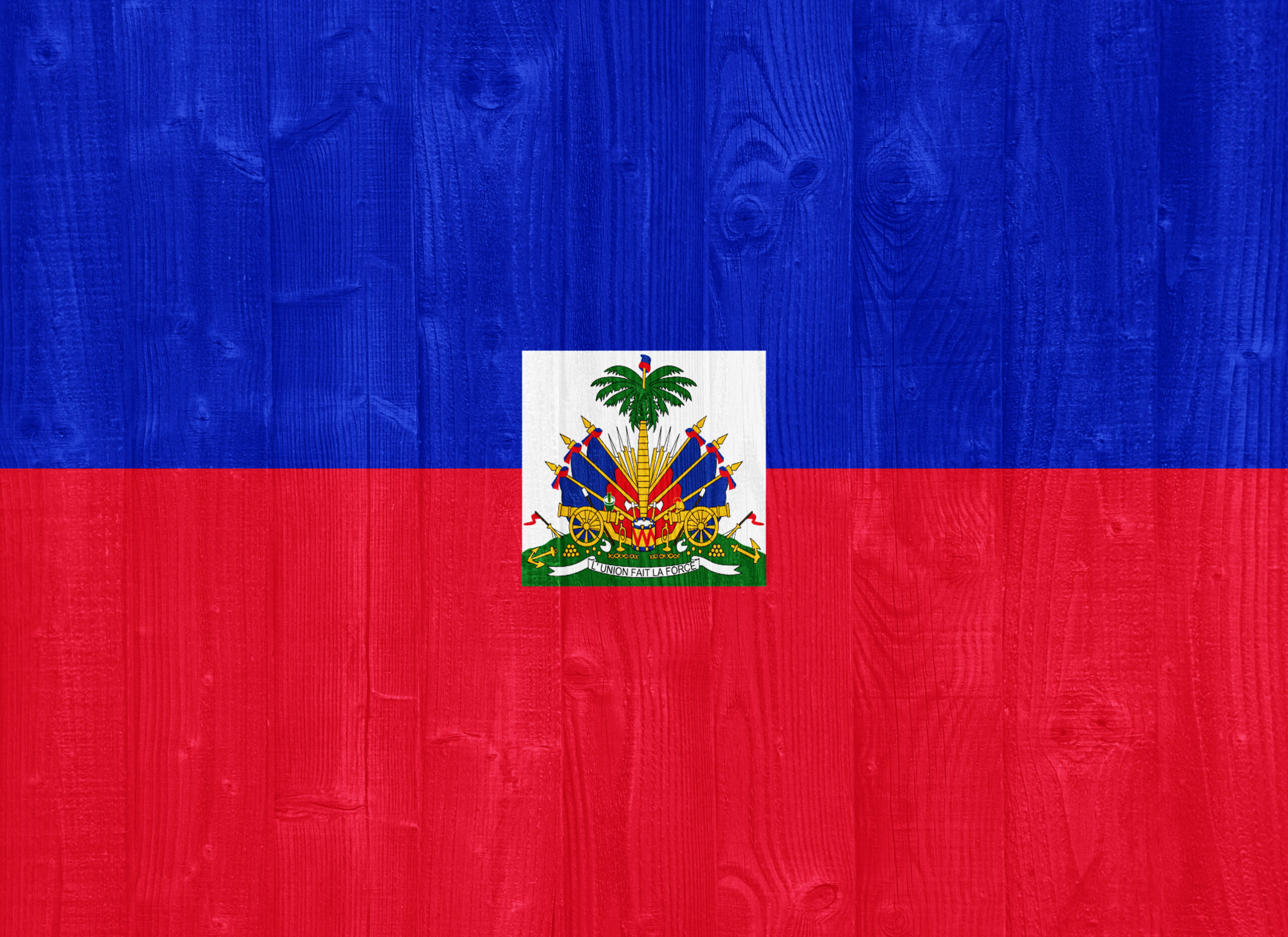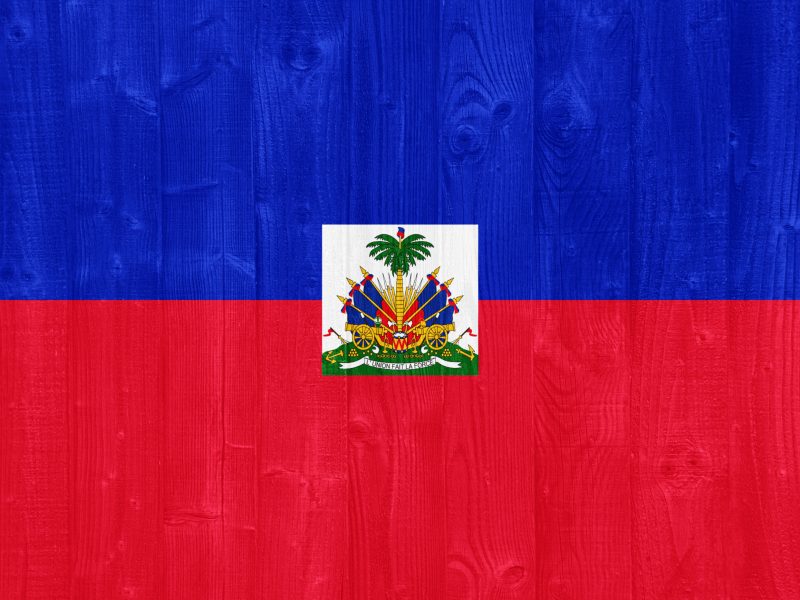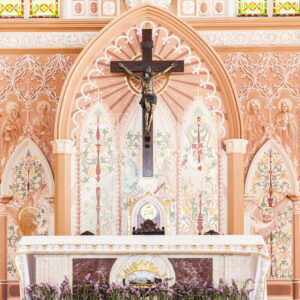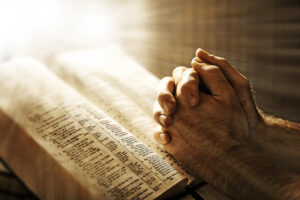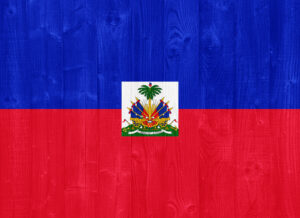Religion is an essential part of Haitian culture, and it plays a significant role in everyday life. In this blog post, we will explore the various religions practiced in Haiti and how they influence daily activities.
Introduction to Haitian Spirituality
Haitians are deeply religious people who believe in a higher power that governs their lives. They have a unique blend of Christianity and Vodou, which has been passed down through generations for centuries. Vodou is considered one of the most important aspects of Haitian spirituality and is often used as a means of communicating with ancestors and other spirits. It involves rituals, offerings, and prayers that help individuals connect with these spirits and seek guidance or protection from them. Catholicism also plays a vital role in Haitian religion, and many churches can be found throughout the country.
The Role of Vodou in Everyday Life
Vodou is not just a religion but a way of life for many Haitians. It influences everything from politics to family relationships. For example, when someone becomes sick, they may turn to Vodou priests or priestesses for healing rather than Western medicine. Vodou ceremonies are also held during major events such as weddings, funerals, and births. These ceremonies involve drumming, dancing, and singing, and they are believed to bring good luck and prosperity.
Catholicism and its Influence on Haiti Churches
Catholicism was brought to Haiti by Spanish colonizers in the early 1500s. Over time, it became intertwined with African traditions and evolved into what is now known as Haitian Catholicism. Haitian Catholics celebrate Mass in Creole, use traditional rhythms in their music, and incorporate elements of Vodou into their worship. Many Haitians attend both Vodou and Catholic services, seeing no conflict between the two faiths.
Community, Faith, and Healing: A Look at the Baptist Church
Baptists make up a small percentage of the population in Haiti, but their impact on society is significant. Baptist churches focus heavily on community outreach and social justice issues. They provide education, healthcare, and job training programs to those in need. Baptist services are typically more structured than Vodou or Catholic services and include hymns, sermons, and prayer. Like other religions in Haiti, Baptists believe in the power of prayer and rely on it for healing and guidance.
Conclusion
Religion is an integral part of Haitian culture, and it shapes the way people live their lives. Whether it’s Vodou, Catholicism, or Baptism, Haitians find comfort and guidance in their faith. By understanding the role of religion in everyday life, we can gain insight into the beliefs and values of the Haitian people.
